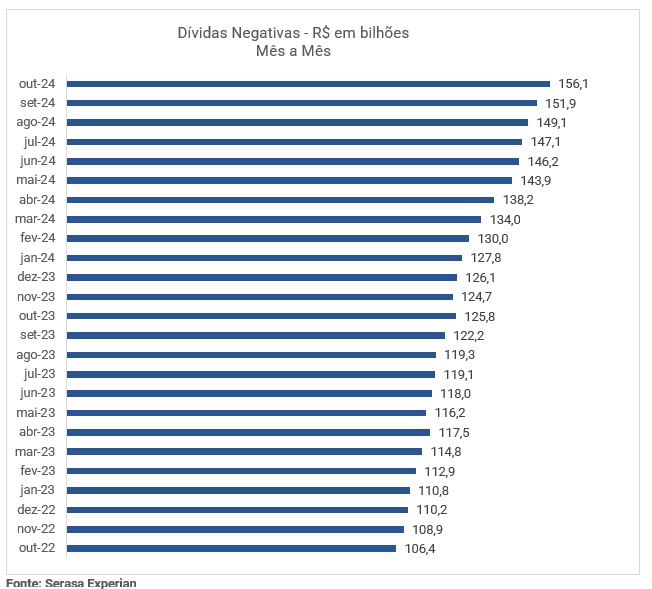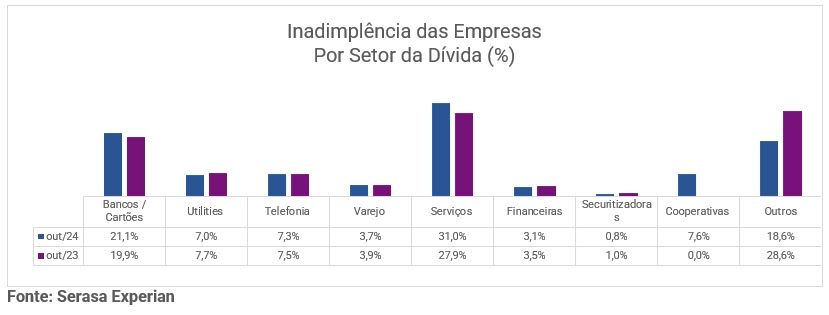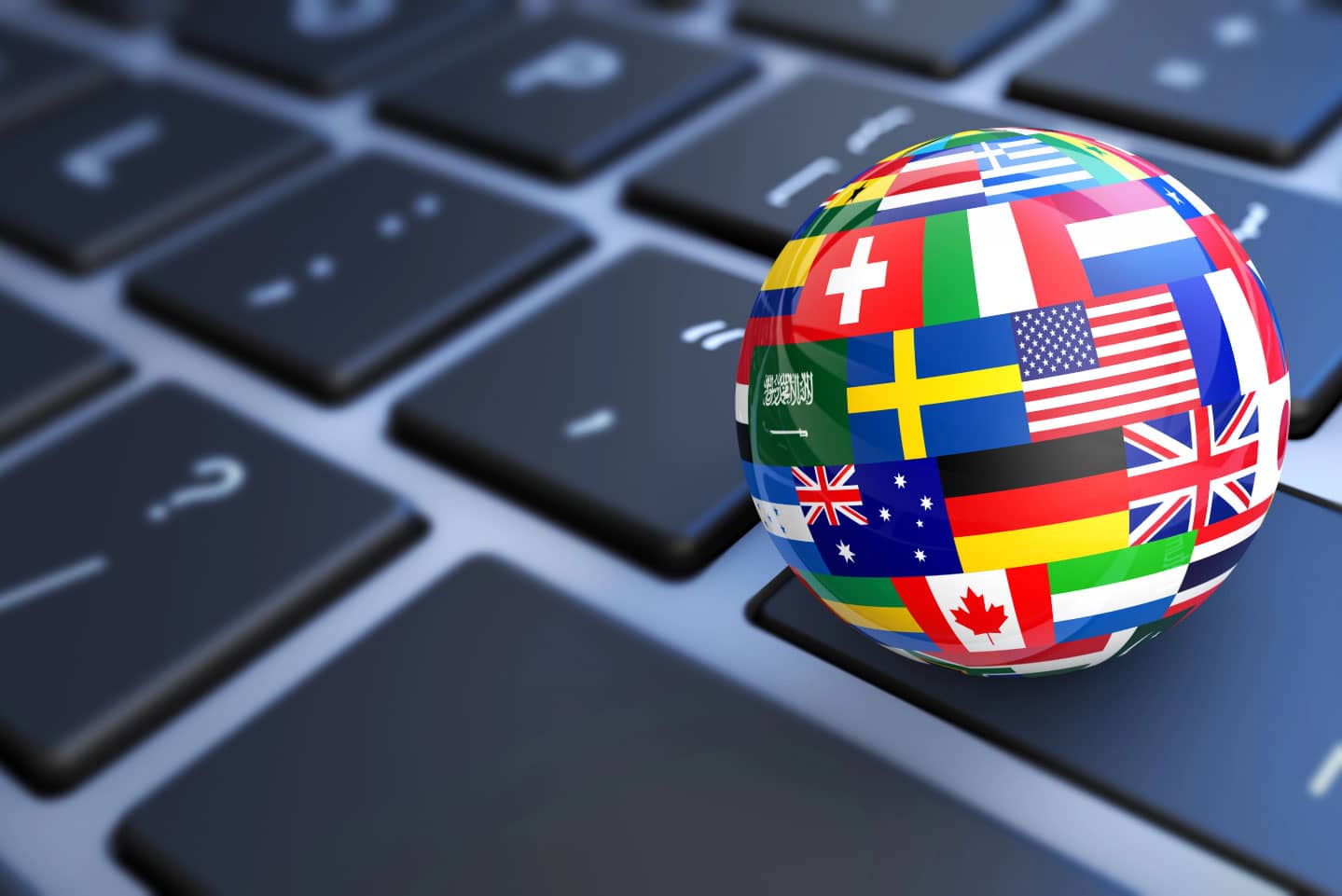October saw 7.0 million companies in default, the highest number inhistorical series do Serasa Experian Corporate Default Indicator, the first and largest datatech in Brazil. This total represents 32.3% of the existing companies in Brazil. The total amount of debts, when combined, reached the unprecedented mark of R$ 156.1 billion.On average, each CNPJ had about 7.4 negative accounts during the period. Check below the data from the last 24 months (amounts and value of debts)


“This increase in defaults can be attributed, in large part, to the rise in interest rates. When interest rates rise, the cost of credit for companies also increases, making it more expensive and difficult for them to obtain financing. This directly affects the ability of companies to manage their cash flow and meet their financial obligations. In addition, rising interest rates can reduce demand for products and services, since consumers and other companies also face higher credit costs, resulting in lower revenue for companies. This scenario creates a vicious cycle, where difficulty in accessing credit and reduced revenue lead to an increase in defaults, negatively impacting the financial health of companies,” comments Serasa Experian economist Luiz Rabi.
“Services” sector led default rate in October
The "Services" sector accounted for the majority of companies with negative commitments (56.2%). Next was "Commerce" (35.4%), followed by "Industries" (7.3%), "Primary" (0.8%), and the "Others" category (0.3%), which includes the Financial segment and the Third Sector. Regarding the debt sector, the "Services" category accounted for the largest portion (31.0%), followed by "Banks and Cards" (21.1%). See below for the details of this excerpt:

Maranhão led the ranking of companies with overdue accounts
In October, the analysis of the Federal Units revealed that Maranhão had the highest delinquency rate in the country, with 43.0% of companies in the state having a red CNPJ. Next, Alagoas (42.3%) and Amapá (40.8%) also stood out among the states with the most companies facing financial issues. See the full information in the graph below

Of the 7.0 million companies with negative records in October, 6.5 million were micro and small-sized. Together, these companies accumulated 46.5 million in debts, with a total amount of R$ 134.1 billion. On average, each delinquent company had 7.1 overdue accounts. See below the breakdown by states:

To check more information and the historical series of the indicator,Click here.
Methodology
The Serasa Experian Business Default Indicator measures the number of Brazilian companies that are in default, meaning they have at least one overdue and unpaid obligation, recorded on the last day of the reference month. The indicator is segmented by state, size, and sector.











